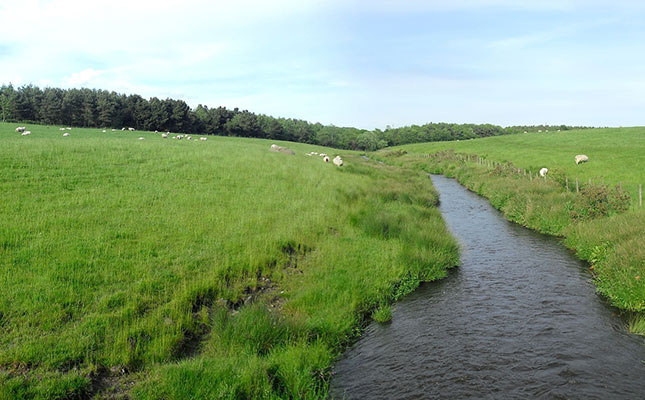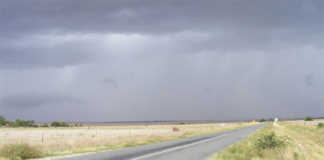
Photo: Pixabay
A high court ruling on the sale of water rights could have far-reaching consequences for farmers, some agriculture role players have warned.
In October last year, a full bench of the Gauteng High Court heard three separate applications in which each of the applicants had sought a “declaratory order” dealing with the proper interpretation of Section 25 of the National Water Act 36 of 1998.
The applicants were the South African Association for Water Users’ Associations (SAAWUA), the Doornkraal Besigheidstrust (Doornkraal), and the De Kalk Beigheidstrust (De Kalk).
The applicants had sought an order to support the continuation of a practice in which a water rights holder not utilising the right, or only using part of the quota could sell or trade such rights to a third party. This after applications to this effect by both Doornkraal and De Kalk had been refused by the director general of the department.
Government respondents included the Department of Water and Sanitation; the Minister of Water and Sanitation, Lindiwe Sisulu; the director general of the department, Mbulelo Tshangana; and other officials.
In the judgement handed down in late June, all three applications were dismissed with costs.
“Section 25 of National Water Act does not make reference to another person or to a third party and does not permit sale of water use entitlement,” the summary stated.
In terms of the Constitution, government was the custodian of all water resources, with usage, management, allocation of rights, and so forth, determined by the water Act. This Act also stated explicitly “There shall be no right of property in public water […]”.
According to the judgment, the trading of water rights was facilitated for about two decades by a legal circular (Circular 18 of 2001). This had, however, been repealed by the director general of the department in 2018 by means of Legal Services Circular 1 of 2017.
Counsel for the respondents had argued that the interpretation by the applicants of Section 25 that would permit them to continue trading water rights was incorrect and also “irrational, unlawful and unconstitutional”.
In its determination around Section 25, the judgement stated that the sale of water rights discriminated against those who could not afford prices determined by the holder.
“The sale of water-use entitlements would frustrate equal access and keep historically disadvantaged persons out of the agriculture sector.”
Chairperson of Agri SA’s Natural Resources Centre of Excellence policy committee, Wayman Kritzinger, said in a statement that the organisation, which had supported one of the applicants financially, would have to study the judgement and consider the next steps.
“The judgement has far-reaching consequence for the commercial agriculture sector,” he said.











